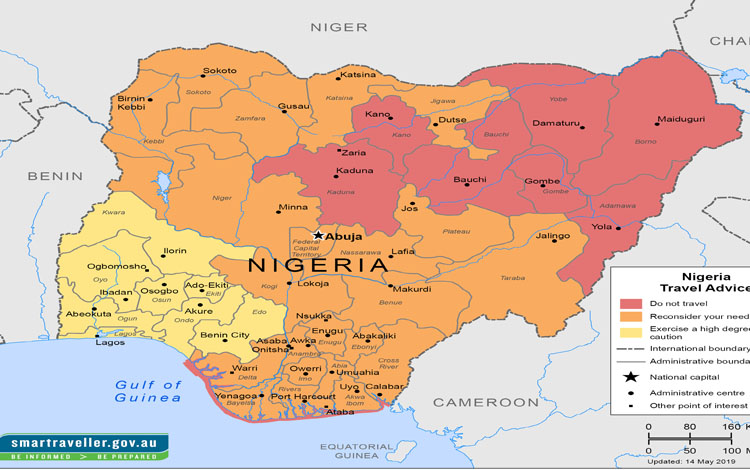(3 minutes read)
The Nigerian Federal government said that a US$550 million loan borrowed from the World Bank and the African Development Bank (AfDB) would be used to electrify rural communities across the country to help unserved and underserved communities
The Nigerian Federal government said that a US$550 million loan borrowed from the World Bank and the African Development Bank (AfDB) would be used to electrify rural communities across the country to help unserved and underserved communities. The nodal and implementing agencies of the project are the Nigeria Electrification projects (NEP) and the Rural Electrification Agency (REA), respectively.
About 267 agreements aggregating US $395 million have already been assigned for renewable electricity deployment. The World Bank also has sanctioned US$350 million, while AfDB will be channelizing US$200 million as a loan. The private sector involvement in the project is assured and has so far disbursed US$64.8 million for the execution of the project.
The project is aimed at providing an off-grid reliable and clean electricity supply to 705,000 households, 90,000 micro, small and medium enterprises, 100 isolation and treatment centres, and 400 primary healthcare centres in unserved and underserved areas of the country. The Rural Electrification Fund h is a private sector-driven initiative. REA is acting as a hub and enabler to ensure that funding comes from different areas to enable it to deliver on its mandate.
Read Also:
https://trendsnafrica.com/nigeria-seeks-loans-to-complete-rail-projects/
https://trendsnafrica.com/emirates-airlines-suspends-operations-in-nigeria-indefinitely-2/
https://trendsnafrica.com/ocps-kaduna-plant-a-boon-to-nigerian-farmers/
The project has five components including a solar hybrid mini-grid ($213m), standalone solar home systems (US$75m), energizing education programme (US$250m), energy-efficient equipment, and productive use of appliances (US$20m) and technical assistance (US$37m). So far, 67 mini-grids with 995,396 solar home systems have been completed creating 1,151 jobs.





